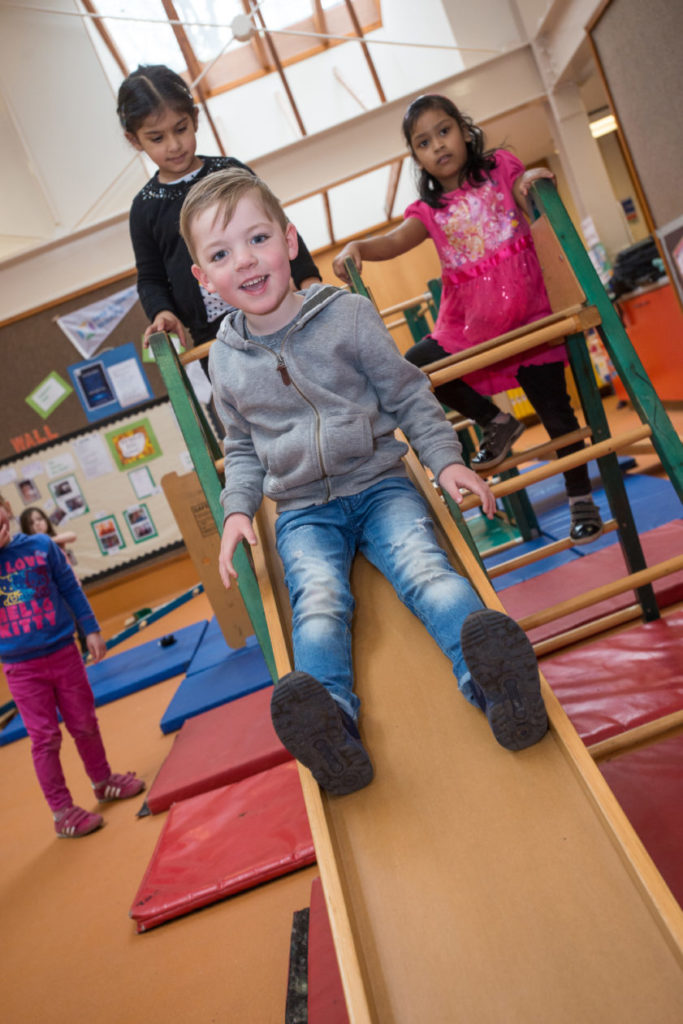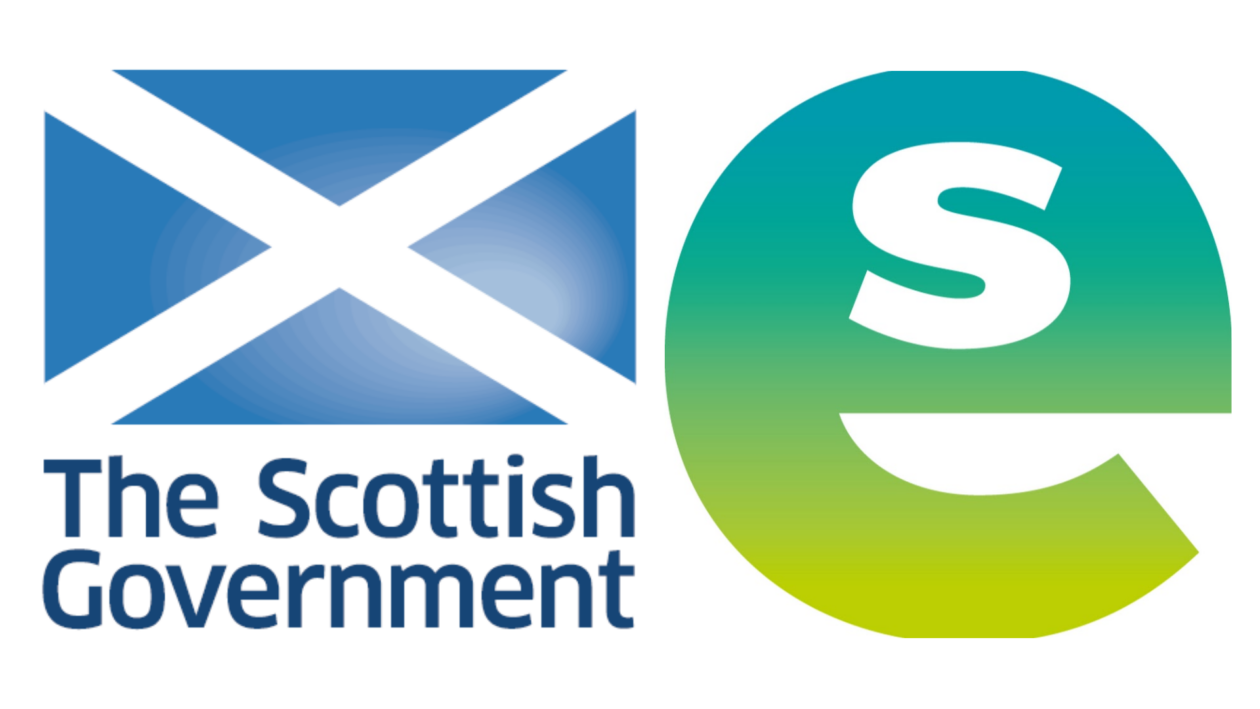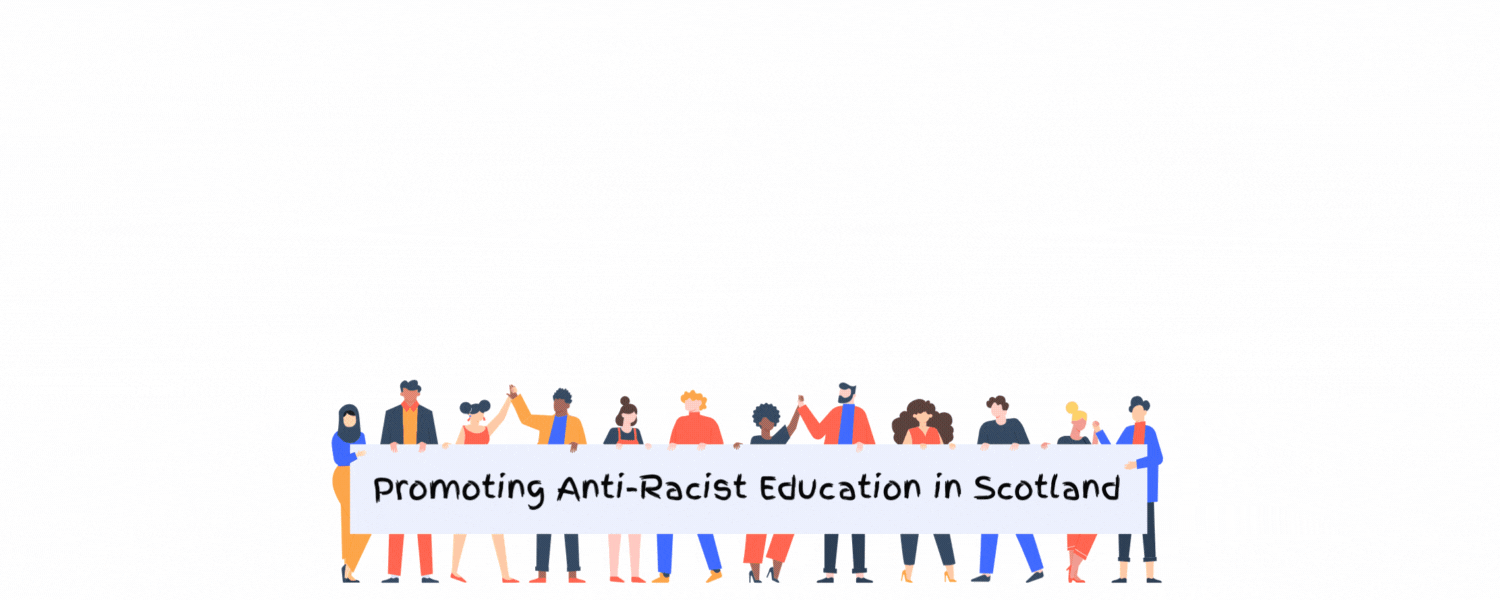The contribution of a rights based approach to race equality
 A rights-based education helps children to understand and realise their own rights and the rights of others within the school, within the community and globally. The incorporation of the United Nations Convention on the Rights of the Child (UNCRC) in Scots law recognises that all learners have the right to have a say in decision-making that affects their lives including decisions made in education settings.
A rights-based education helps children to understand and realise their own rights and the rights of others within the school, within the community and globally. The incorporation of the United Nations Convention on the Rights of the Child (UNCRC) in Scots law recognises that all learners have the right to have a say in decision-making that affects their lives including decisions made in education settings.
A review of a group of schools which had adopted a rights-based education found that in some of the multi-ethnic, multi-faith schools, the children’s rights work ‘provided an underlying coherent, common set of values across the school. This created an ethos of acceptance and celebration of the diversity of faith and culture’. The schools in their study reported a reduction in bullying and an increase in positive relationships and attitudes to diversity.
This was echoed in Dunhill who found that the emphasis that all human beings are rights holders led to learners showing growing empathy for those whose rights were not upheld.
The UN Committee on the Rights of the Child (2016) recognised that teaching human rights could contribute to combatting prejudice based bullying. Recognising children’s rights is strongly linked to strengthening learner participation. Staff need to ensure that Minority Ethnic learners can contribute fully to decisions about their learning and their learning community.
Reflective questions
- To what extent do our learners understand their own rights and the rights of others?
- Do setting policies and procedures recognise and help realise children’s rights?
- How do we ensure that the voices of all children and young people are heard and used to shape race equality and anti-racist education?
More information on children’s rights is available here.


